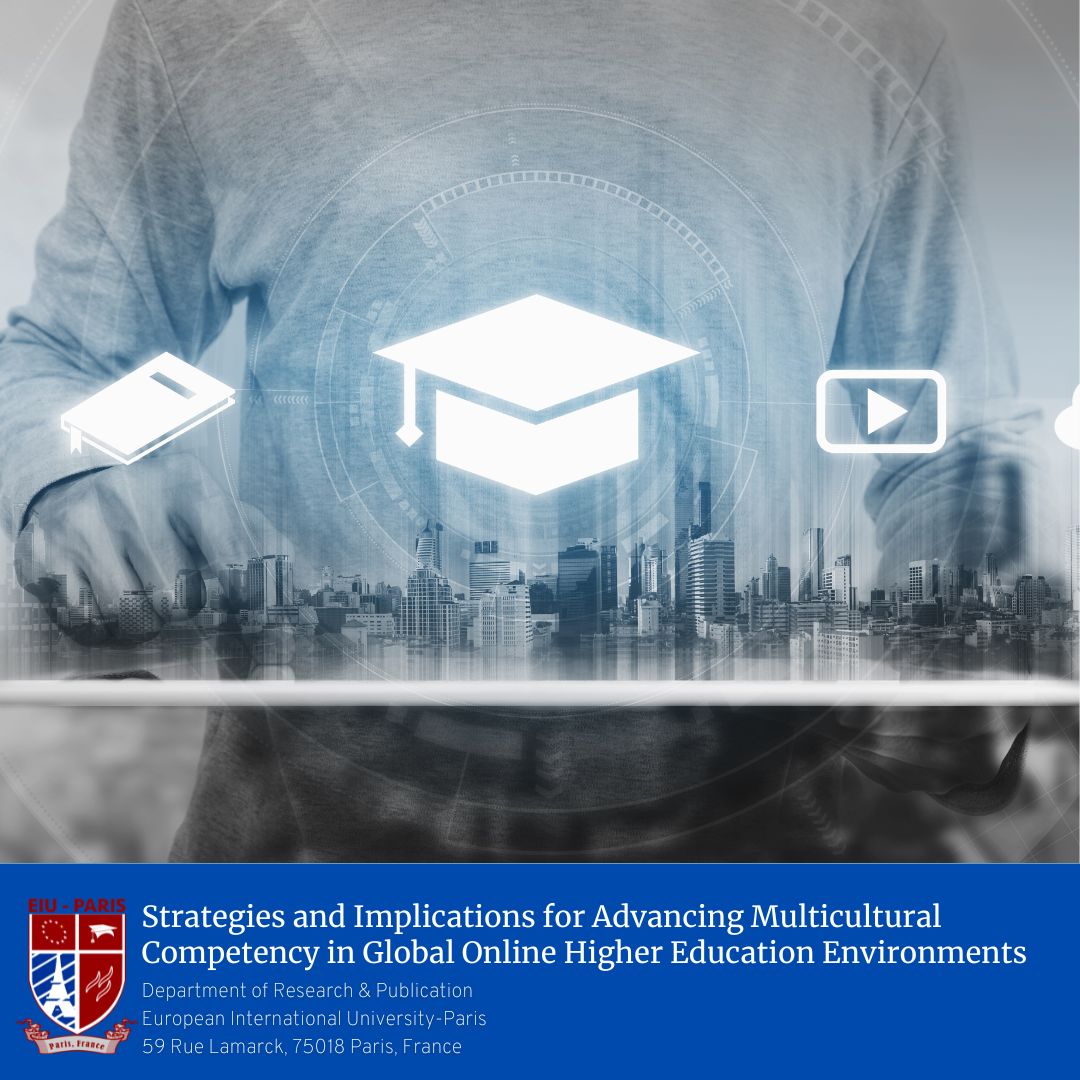- Version
- Download 9
- File Size 291.16 KB
- File Count 1
- Create Date July 29, 2024
- Last Updated July 29, 2024
Strategies and Implications for Advancing Multicultural Competency in Global Online Higher Education Environments
Abstract
The rapid growth of online education, driven by globalization and technological advancements, has significantly impacted higher education, creating diverse and
multicultural learning environments. This article explores the role of culture in shaping learner engagement within global online higher education contexts.
Utilizing Hofstede’s cultural dimensions theory, the study examines how sociocultural factors influence students' online learning experiences. Through a qualitative case study approach, data was collected via virtual ethnographic methods, including interviews and observations, involving international students and instructors. The findings highlight the challenges faced by culturally diverse learners, such as communication barriers and differing educational expectations. Moreover, the study identifies effective strategies for fostering cultural responsiveness, enhancing learner engagement, and promoting collaborative learning. The research underscores the importance of integrating culturally responsive teaching practices into course design and facilitation to support diverse student populations. Policy implications for higher education institutions are discussed, emphasizing the need for institutional support in creating inclusive and culturally sensitive online learning environments. This article contributes to the ongoing discourse on multicultural education by providing actionable insights and recommendations for educators and policymakers to enhance the quality and effectiveness of global online higher education.

Submitted by: Quang Duy Luong EIU931373 In Partial Fulfillment of the Requirements for the Degree of Doctor of Education (EdD) Supervisor: Ky. Col. Prof. Dr. Edward Roy Krishnan, MPhil, PhD, EdD, DBA

